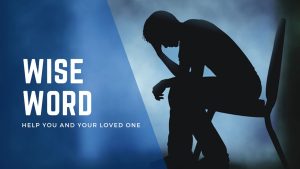Successful Recovery Therapies For Drug Addiction
Therapy is really complicated and crucial process for drug addiction treatment. There are several forms of therapies that are designed based on the need. Most of these therapies are customized and personalized which primarily depends on the types of substance abuse. Basically, the severity of the dependency, personal mental health, the level of care, and affordable healthcare options are also considered in the treatment process. The duration of these therapies is most dependent upon the severity of the addiction level and the therapy may complete within a few sessions to a few years.
Abstinence from addiction is much more challenging for anyone who is abusing the substance in the long term. A positive mindset and behavioural changes play a key role in impacting on human life.
So therapy is a crucial aspect to recover from the addiction in a successful way. Without psychotherapy, it is impossible to change the behaviour and thought process.
You are going to learn more about those therapies by understanding the below discussion but it is most effective when you are practising those with the help of a reputed rehab centre because they have professional therapies that are experienced and tackled a lot.
Here we are discussing 10 proven therapies for a successful recovery from drug addiction.
Understanding For Drug Addiction Recovery
An addiction to drugs and alcohol is more than just a physical dependency. The risk of relapse persists even after detox when your body is no longer dependent. Certain psychological and social factors can trigger a relapse, for example:
- Unexpected life stress, especially one that occurs suddenly
- A neighbourhood visit, for example, can provide clues
- The benefits of social networks, such as spending time with friends who use them
These things can create an ongoing urge to use them again.
Why Is Therapy Important for Drug Addiction Treatment and Recovery?
Through counselling, you can overcome cravings and learn how to cope with life without turning to drugs or alcohol.
Drug addiction can be treated with required counselling therapies. There is no proven method that is better than another. Similarly, not all opiate addiction approaches will work for every individual. You will receive the right treatment plan depending on your addiction and individual requirements.
10 Common Therapies Widely Used in Addiction Treatment and Recovery
1. Cognitive Behavioral Therapy
Cognitive behavioural therapy is a feasible treatment way because of its versatility. It can be used for a variety of addictions, such as food addiction, alcohol addiction, and prescription drug addiction. You can also learn coping skills, identify triggers with Cognitive Behavioral Therapy, and recognize your unhealthy behavioural patterns. There are a number of therapeutic techniques that can be used in combination with Cognitive Behavioral Therapy.
2. Contingency Management
Alcohol, narcotics, and tobacco addictions can all be treated with Contingency Management. You receive tangible rewards for maintaining sobriety through condition management therapy. Contingency Management treatment has also been successful in preventing relapse.
3. Rational Emotive Behavior Therapy For Addiction
By recognizing negative thoughts and identifying ways to combat them, you might be able to avoid feeling self-defeated. During Rational Emotive Behavior Therapy, you will gain an understanding that rational thought is not affected by external circumstances or stress.
4. Motivational Interviewing
Motivating people to accomplish a goal is the purpose of motivation enhancement therapy or motivational interviewing. As far as addiction is concerned, it assists patients in overcoming their addictive habits. Licensed therapists listen to patient concerns and find ways to encourage them to commit to change. Depression patients benefit from this technique because it helps them regain their focus. The results of motivational interviewing can also be improved by combining it with Cognitive Behavioral Therapy.

5. Family or Couple Therapy
The patient can better understand their chemical dependency by receiving one-on-one counselling. In addition to helping and educating individuals on the effects of substance abuse, counsellors can identify factors like trauma, negative friends and family who encourage drug use, and low self-esteem as influences of substance abuse.
Both the patient and their relatives can benefit from family counselling, which helps them better understand unhealthy relationship patterns such as codependency and enabling. All parties involved can better understand chemical dependence after hearing about its impact.
6.12 Step Facilitation
Alcohol and substance abuse can be treated with 12-step facilitation therapy. It is a form of group therapy that recognizes the adverse effects of addiction on the body, mind, and soul. This type of therapy follows acceptance by surrendering to a higher power and participating in consistent group meetings. Group meetings are used for discussion and mutual support in popular programs like Alcoholics Anonymous.
7. Eye Movement Desensitization & Reprocessing Therapy
Some certified therapists use EMDR therapy to help people cope with addiction and post-traumatic stress disorder (PTSD). Reducing negative and triggering thoughts, feelings, and emotions can reduce their impact and make them easier to cope with.
By healing past symptoms and distress, EMDR prepares patients to cope with triggers in the present, thus better preparing them to deal with future events.
8. Dialectical Behaviour Therapy
Among other psychosocial disorders, dialectical behaviour therapy is a well-established treatment for chronically suicidal individuals. Because many such patients are addicted to substances, the authors developed Dialectical Behavior Therapy for Substance Abusers to promote abstinence and reduce relapses. Dialectical abstinence, “clear mind” techniques, and attachment techniques, such as searching for patients who forget to attend appointments, are among these methods. Patients with severe co-occurring disorders and substance use disorders, or those who have not responded to other evidence-based therapies for substance use disorders, may also benefit from the treatment.
9. Matrix Model
The Matrix Model is an integrative treatment system that directly combines evidence-based approaches to treat stimulant addiction. During Matrix therapy, participants receive various evidence-based treatments in a highly structured environment for 16 weeks. According to some researchers, the Matrix Model may be beneficial for treating addictions to other substances, including opioid addictions, even though its creators originally intended it for treating stimulant addictions.
10. Person-Centered Therapy
A person-centred approach emphasizes the role of the therapist in the treatment process. The basic idea is that people can identify areas of life that they wish to change if they are treated unconditionally positively, congruently, and empathically. Thus, therapy facilitates self-discovery and actualization rather than forcing the client to accept the therapist’s ideas. By understanding what the client is going through, the therapist develops a close relationship with them. This level of understanding and trust is essential for the client to feel confident working through their issues in a safe environment.
Whether it is your loved ones, someone you care about, or you are struggling with addiction; we hope we can provide you with the information you need to make an informed decision regarding the best alcohol rehab program. We expect better days are ahead of you.



